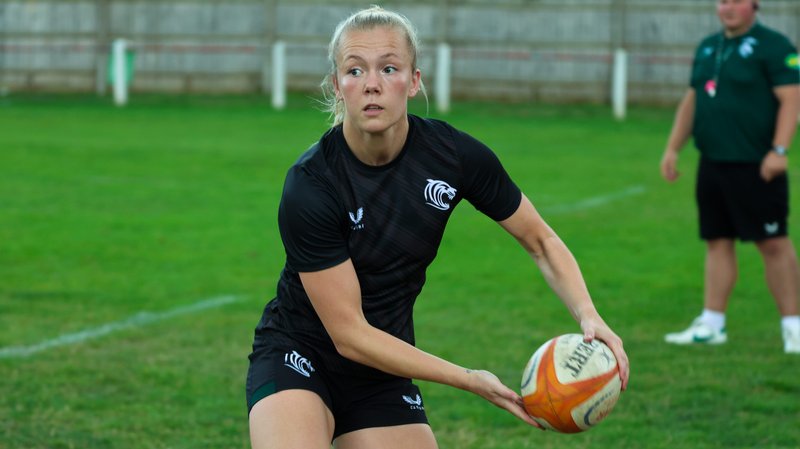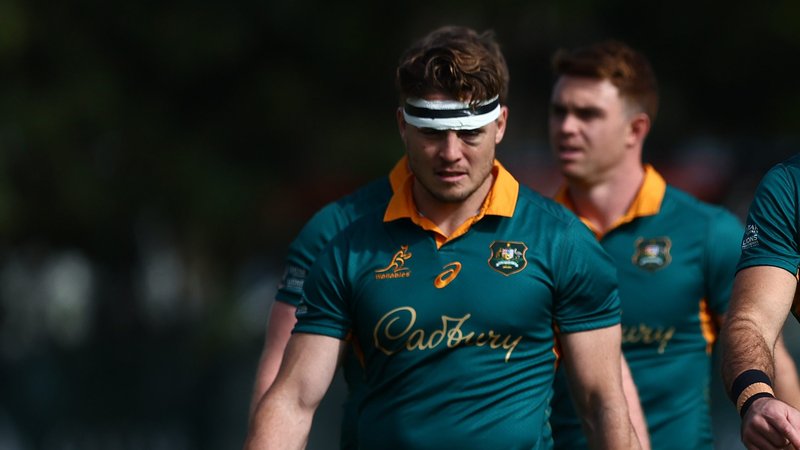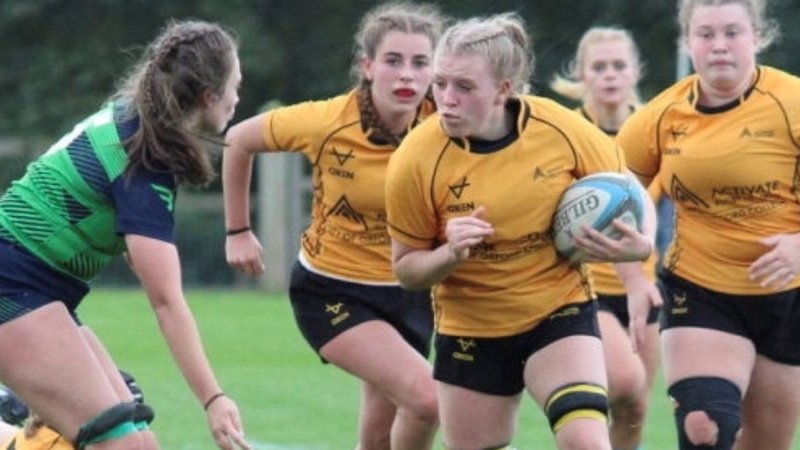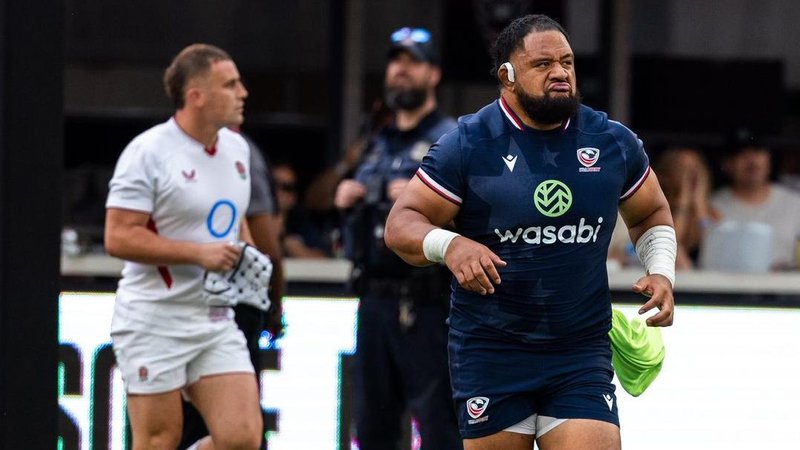Professional rugby union in England is championing the use of greater video technology and putting player welfare at the top of the agenda.
The trials have been developed by the IRB in collaboration with Premiership Rugby and the Rugby Football Union and form part of a wider strategy devised by the IRB aimed at player welfare and enhancing the role of the TMO.
“We have a reputation for innovation and this is another example of how both Premiership Rugby and the RFU is the forefront of the game’s development,” said Phil Winstanley, rugby director at Premiership Rugby.
“We volunteered to be involved in both trials. The TMO trial in live televised games allows us to maintain the integrity of our competition by ensuring that the match officials are given the utmost support in getting crucial decisions right. We are extremely mindful about ensuring that we achieve a balance between protecting the integrity of the game and impacting on the dynamic nature of our sport by creating too many stoppages.
“This will be closely managed, with a thorough research programme undertaken by Premiership Rugby and the RFU.
“The Pitch Side Concussion Assessment trial allows medical teams more time and a better environment to assess head injuries and to make player centred decisions.”
TRIAL ONE – Television Match Official
This trial, which has been supported by the RFU’s Laws Sub Committee and the TMO Steering Group, will take place in all matches shown live on ESPN and Sky Sports, and allow the match referee to refer to the TMO incidents that have led to the scoring of a try at any point from the last stoppage in play. In addition, the TMO will be able to intervene in incidents of foul play.
The full TMO trials are as follows:
TMO may be referred to as per the current application as well as:
1. When match officials are unsure whether foul play has occurred anywhere on the field or in-goal
2. When match officials believe there may have been an infringement by the team that scored a try
3. When match officials believe a try was prevented by an infringement
4. To confirm the success or otherwise of kicks at goal
Infringements listed by the IRB include knock-ons, forward passes, player in touch, offsides, obstructions, tackling a player without the ball, foul play and double movement in the act of scoring.
How does TMO adjudicate?
• When asked to intervene by the referee (except for incidents of significant foul play where the TMO can ask the referee to stop the game)
• Referrals can now go back to the previous restart, i.e. penalty, free-kick, lineout, scrum, kick-off
• If it is not clear, the TMO is to advise there is no clear evidence and the referee will need to make a decision
• TMO to advise on the type of infringement, the recommended sanction and where play is to restart.
• TMOs can be advised on infringements by the team that scored or touched down, as well as if a try has been prevented from being scored
• If there is doubt as to whether the try would have been scored the TMO must then advise the appropriate sanction.
• If foul play is referred, the TMO is to make recommendations as to the appropriate sanctions, as an assistant referee can currently do.
TRIAL TWO – Pitch Side Concussion Assessment
This trial of a five-minute temporary replacement and standardised assessment for players with suspected concussion will take place in all Aviva Premiership matches and follows successful initial trials in this year's IRB Junior World Championship and IRB Junior World Rugby Trophy.
A PSCA can be requested by the player’s team doctor and the referee if they suspect a player may have suspected concussion.
Signs of suspected concussion:
• Suspected loss of consciousness
• Ataxia (unsteady on feet)
• Disorientated or confused
• Player appears to have been "dazed, dinged or had their bell rung"
• Inappropriate behaviour
• Other symptoms or signs suggesting a suspected concussion
Note that players in whom concussion is deemed to be confirmed at the time of their initial on-pitch assessment (confirmed loss of consciousness by a medical practitioner or medical practitioner witnessed concussive convulsions or tonic-clonic posturing) will be definitively removed from the field of play.
Should the referee have concerns regarding the wellbeing of a player he should prompt the team doctor by asking “Do you think the player requires a PSCA?”
An opposition Team Doctor is NOT allowed to request a PSCA on an opposing player.
The PSCA is to be performed at an agreed and appropriate position. This will typically be the medical room but an alternative location can be agreed if the medical room is not quickly accessible from the pitch.
A PSCA shall be confirmed by the referee to the reserve official via his communication device and by the hand signal – head touched on three occasions.
A player undergoing a PSCA can be temporarily substituted while the PSCA is completed. If the player undergoing a PSCA does NOT return to the field of play the substitution becomes a permanent one
The temporary substitute may not take a penalty kick at goal or conversion.
The PSCA must be completed in five minutes (actual time). This period commences when the player leaves the field of play at the halfway line and finishes when the player presents himself to the reserve official cleared to return to play. The referee and reserve referee will manage the players return to the field of play.
The PSCA involves a standardised assessment of cognition (memory) using the Maddocks Questions, balance assessment by way of a 20-second tandem stance balance test and a symptoms and signs assessment.
The presence of one or more symptoms, one incorrect Maddock’s question, more than four errors on balance testing in 20 seconds and the presence of one or more signs constitute an abnormal PSCA, concussion is confirmed and the player is definitively removed from further participation in the game.
A player who satisfactorily completes his PSCA and in whom suspected concussion is therefore not confirmed can return to the field of play within the five minutes.
If a player has a suspected concussion and a co-existing blood injury control of the bleeding will be the priority, however the PSCA must be completed as soon as possible. If the bleeding can be controlled, suturing should be completed post-PSCA. The total time available is 15 minutes to complete both the PSCA and control of bleeding.
A player failing to cooperate with a PSCA should be assumed to have concussion and be removed permanently from the game.
If a player has a second requested PSCA during a game the player should undergo a second PSCA as a separate and independent assessment.
The PSCA Trial will be independently evaluated by the University of Bath.
OTHER CHANGES
A new scrum engagement process is being used across the whole game. The change relates to the engagement sequence and will see the referee call “crouch” then “touch” and then “set” to engage the scrum.
The front rows must comply with each step of this process and crouch (on the call) then touch using the outside arm of each prop (on the call) and then engage on the call of “set”, removing the word “pause” from the sequence.
LAW AMENDMENTS
In addition to the trials, the five law amendments to be trialled globally are:
1. Law 16.7 (Ruck): The ball has to be used within five seconds of it being made available at the back of a ruck with a warning from the referee to “use it”. Sanction – scrum.
2. 19.2 (b) (Quick Throw-In) For a quick throw in, the player may be anywhere outside the field of play between the line of touch and the player’s goal-line.
3. 19.4 (who throws-in) When the ball goes into touch from a knock-on, the non-offending team will be offered the choice of a lineout at the point the ball crossed the touchline or a scrum at the place of the knock-on. The non-offending team may exercise this option by taking a quick throw-in.
4. 21.4 Penalty and free-kick options and requirements: Lineout alternative. A team awarded a penalty or a free kick at a lineout may choose a further lineout, they throw in. This is in addition to the scrum option.
5. A conversion kick must be completed within 1 minute 30 seconds from the time that a try has been awarded.






